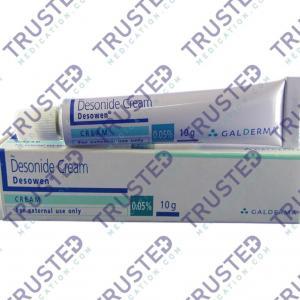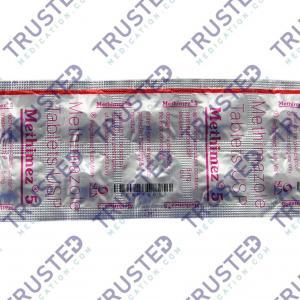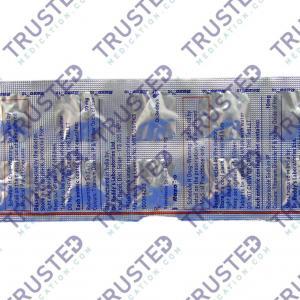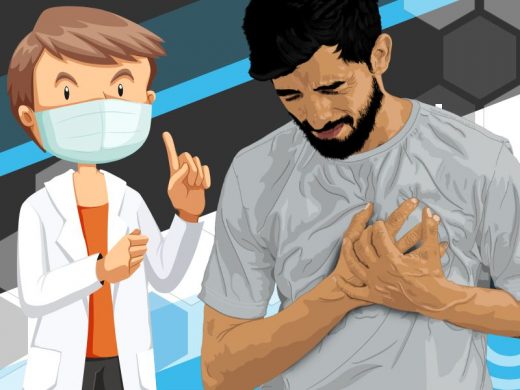
A heart attack occurs when the flow of blood to the heart is blocked. The blockage is most often a buildup of fat, cholesterol, and other substances, which form a plaque in the arteries that feed the heart. Sometimes, a plaque can rupture and form a clot that blocks blood flow. The interrupted blood flow can damage or destroy part of the heart muscle.
A heart attack, also called a myocardial infarction, can be fatal, but treatment has improved dramatically over the years. Ensure to call emergency help or go to the earnest medical facility if you or someone is having a heart attack. Some heart attacks are sudden and intense. But most start slowly, with mild pain or discomfort.
What Are the Warning Signs of Heart Attack?

- Chest discomfort. Angina or chest pain that lasts more than a few minutes or may happen and then disappear is the most common symptom of heart attacks.
- The pain can feel like uncomfortable pressure, squeezing, fullness or pain.
- Cold sweat and fatigue
- Discomfort in other areas of the upper body. Symptoms can include pain or discomfort in one or both arms, the back, neck, jaw, or stomach.
- Shortness of breath. This can occur with or without chest discomfort.
Symptoms of a heart attack may vary but the warning signs often occur days or weeks ahead of the attack. Other possible signs include breaking out in a cold sweat, nausea, or lightheadedness. As with men, women’s most common heart attack symptom is chest pain or discomfort. But women are somewhat more likely than men to experience some of the other common symptoms, particularly shortness of breath, nausea, vomiting, and back or jaw pain.
What are the 7 Risk Factors of Heart Attack?
- High LDL cholesterol
- Low HDL cholesterol
- High blood pressure
- Family history of heart attack
- Smoking and alcohol consumption
- Post-menopausal women are also at risk
- Obesity or overweight
What Causes Heart Attack?
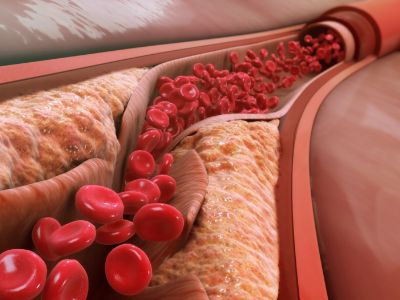
The leading cause of heart attacks is coronary heart disease. Atherosclerosis occurs when plaque forms in the coronary arteries. Type I heart attacks are where a plaque on the inner wall of the artery ruptures and releases cholesterol and other substances into the bloodstream. A type II heart attack occurs when the heart does not receive enough oxygen-rich blood, but an artery is not completely blocked.
How to Diagnose Heart Attack?
Your doctor will assess your symptoms and family history. He/ she may also recommend:
- Electrocardiogram (ECG)
- Blood tests. Certain heart proteins slowly leak into your blood after heart damage from a heart attack.
- Chest X-ray. An X-ray image of your chest allows your doctor to check the size of your heart and its blood vessels.
- Echocardiogram. It creates images of the moving heart.
- Coronary catheterization. The arteries are visible on X-ray, revealing areas of blockage.
- Cardiac CT or MRI. These tests create images of your heart and chest. It uses a magnetic field and radio waves to create images of your heart.
Treatment for Heart Attack
Aside from lifestyle changes and maintenance medications, your doctor will prescribe medication to manage your blood pressure and other triggers of heart attack. You can take any of the following:

